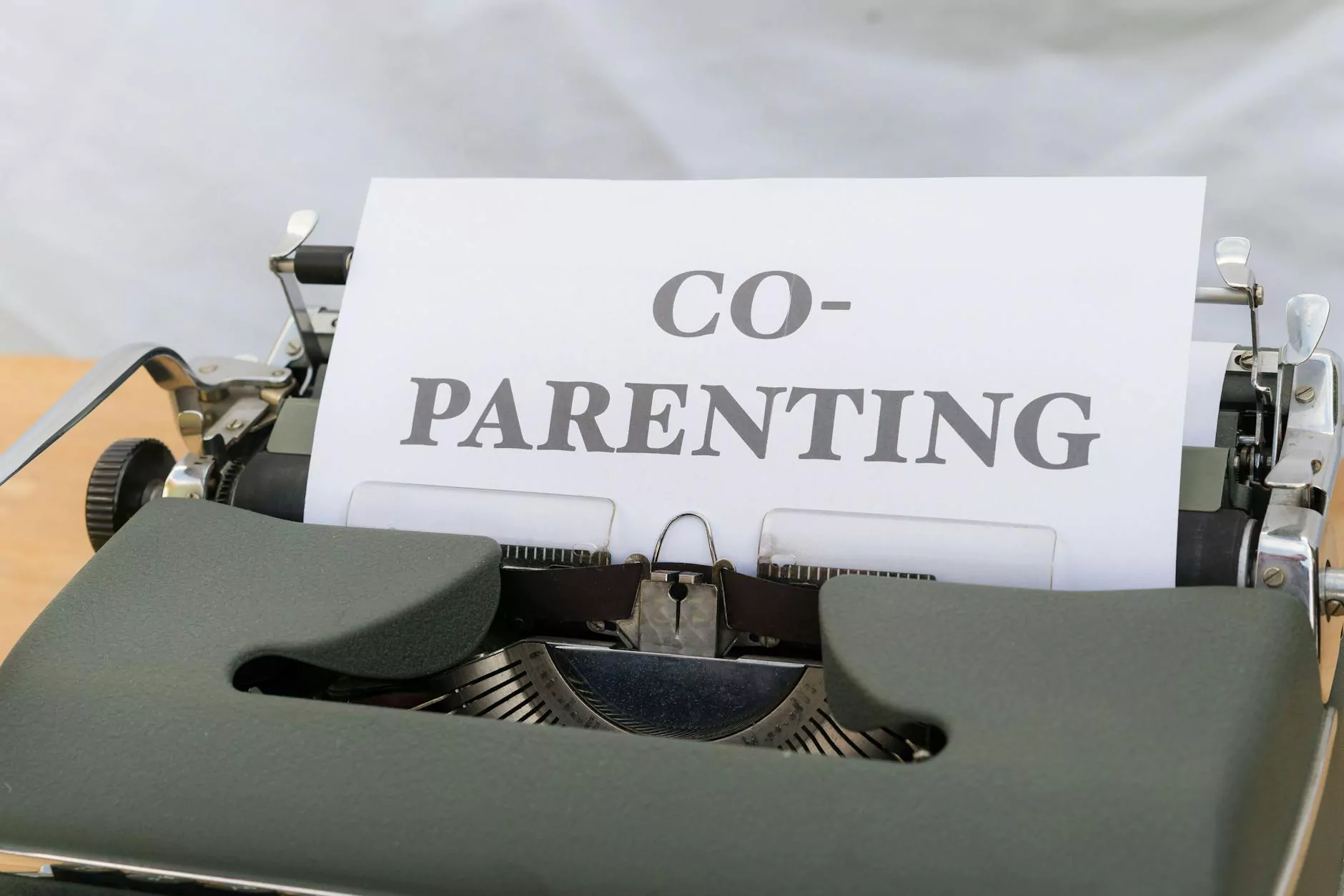Divorce Communication Plan
Practice Areas
Introduction
Welcome to Troy Powell Law Firm's comprehensive guide on creating an effective divorce communication plan. Effective communication is crucial during the emotionally challenging process of divorce. By establishing open and honest lines of communication, you can help minimize conflict, make informed decisions, and foster a smoother transition into your new life.
Why Is Communication Important During Divorce?
Divorce often involves complex legal procedures and discussions about sensitive issues such as child custody, alimony, and property division. Effective communication is essential to ensure that both parties understand their rights and obligations, and to facilitate negotiation or mediation processes.
Open and honest communication between divorcing spouses also helps maintain a respectful and amicable relationship, which is especially important when children are involved. By prioritizing effective communication, you can minimize the negative impact of divorce on children and create a more positive co-parenting dynamic.
Tips for Improving Communication During Divorce
1. Choose the Right Time and Medium
Selecting an appropriate time and medium for discussions with your spouse can significantly impact the quality of communication. Ideally, choose a quiet and neutral setting where both parties can focus without distractions. Determine whether face-to-face meetings, phone calls, or email exchanges work best for your particular situation.
2. Listen and Respond Empathetically
Listening attentively to your spouse's concerns and responding with empathy demonstrates your willingness to understand their perspective. Active listening helps build trust and may lead to more productive conversations.
3. Avoid Blame and Personal Attacks
Divorce can invoke intense emotions, but it is crucial to maintain a civil and respectful tone during discussions. Avoid blaming or attacking the other party, as this can escalate conflict and hinder effective communication.
4. Seek Professional Guidance
Obtaining professional guidance from experienced divorce lawyers, mediators, or therapists can greatly enhance communication during divorce. They can provide valuable insights, offer neutral perspectives, and facilitate constructive dialogue between both parties.
5. Keep Children's Interests in Mind
If you have children, always prioritize their well-being and best interests throughout the divorce process. Create an environment where open and healthy communication can take place, ensuring that children aren't exposed to unnecessary conflict or tension.
6. Document Important Communication
Keeping a record of important discussions, agreements, and decisions can be beneficial. This documentation can serve as a reference point and help prevent potential misunderstandings or disputes in the future.
7. Be Open to Compromise
Divorce often requires compromise. By remaining open to finding mutually agreeable solutions, you can foster a cooperative atmosphere that prioritizes the well-being of all parties involved.
Conclusion
A well-established divorce communication plan is an essential tool for navigating the challenging waters of divorce. By implementing the tips outlined in this guide, you can ensure that you effectively communicate with your spouse and legal team. Remember, open and honest communication is the key to minimizing conflict, promoting understanding, and achieving a more satisfactory resolution.




